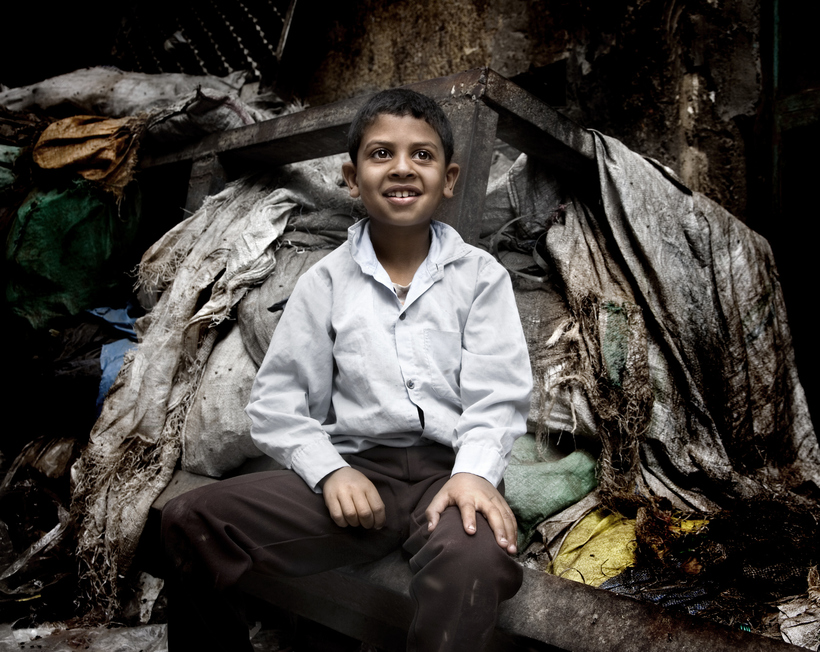How do we address a person who
— kills another person? A murderer
— slaughters a child? A monster
— rapes a woman? A rapist
— burns down houses of others? An arsonist
— steals from another person? A thug
— commits pillage? A devil
— commits a crime without remorse? A savage
— fails to perform the duties of being human? A cruel person
— constantly lies to hide? A fraud
— is a cheat? A scoundrel
— taunts the glorification of the lower groups? A prisoner of the past
— thinks him/er is superior to others? An insecure sadist
— is insecure about equality? Incompetent
— loots out of someone’s unpaid labor? A dacoit
— cannot love? Heartless
— exploits? exploiter
And how do we address a person, irrespective of their age, gender, and sexuality commit all such actions against innocent, helpless, unarmed, minors and the vulnerable?
In the Indian caste context, we glorify the above anti-humanity discourses as the respected “upper castes” and the groups which are repeatedly bearing the brunt of the anti-humanity as the “lower castes.”
In a democratic set-up, the idea of demos being superior or upper to one another just by the sheer accident of their birth is oxymoronic. By embracing the parochial and obsolete lifestyle of the ancient and modern-past, Indians irrespective of their religion harbor such vulgar sentiments.
The group of castes who still want to identify self as the “upper caste” audaciously declare that there is someone lower to them.
James Baldwin reminds us that the person who is dehumanizing the other has already dehumanized self, “this is the price we pay for annulment of his (humanity)”. The oppressed class conscious is grinded to the order of the oppressor.
The progressive ones who believe in social equality ought to defile such labels and call it out what it is, without hiding it under the pretext of “common usage” which may actually hide their falsified glorification of their past.
The Germans have disowned the Nazi identity and more so today in light of the growing assertiveness of the Aryan and White identity. In Rwanda and Burundi, it is illegal to identify oneself with either Hutu or Tutsi nomenclature.
Whereas, in India, one does not mince words of self-aggrandizement in the eventful declaration of their proud heritage which more often than not is responsible for the drudgery of a majority of the masses. This is because of one’s proclivity to appreciate one’s upper-ness.
There is no discouragement for the worst offenders to refrain from committing such harrowing acts of cruelty. In such a social and cultural environment of supremacy, the limitations of the laws to stop any caste driven hatred and crime become clearer.
It is therefore important to put forward condemnable socially-unacceptable connotations to the offenders so they are dared from ganging up as a bullying caste group. And refrain from imposing a collective punishment on the “lower” considered humanity.
The shaming of such brute elements needs to be part of a new campaign. We cannot expect to bring about change in the conditions of the oppressed castes without the oppressor castes taking cognizance of their acts. Thus, we need to shake the labels that harbor secretive comforts.
Words that Liberate
Language is a measure of control. Choice of words is powerful silent wars being fought in everyday lingua. Words can conceal or solidify the power relations.
Language can be liberatory if the oppressed groups invent their own linguistic jargons that glorify their sense of being. The Bahujan household names prescribed by the Manusmriti enforced the slave acronym. Manusmriti the Hindu-Brahminic religious guide suggests the Shudra, the subaltern caste name should draw contempt, a marker of enslavement, humility, and service to the twice-born varnas, the dominant caste groups. Thus, the names like das, chandalas, violence or animals among the dominated caste still prevail.
Language should appeal to the senses that bring about goosebumps, oriented with emotional strength and mindful action to break the bonds of shackles. One could recall the outburst of the famous thesis Common Sense written by Thomas Paine in 1776. The primary focus of this pamphlet was to generate the urgent attention of subjugation under the thralldom of the Union Jack. What followed is the modern history of the United States.
One who carries the labels of castes of dominance cannot be expected to bring about change and partake in revolutionary change. Unless we alter the prefixes and suffixes in the social justice struggle we cannot break free the inbred chains that form the corpus of the suffering humanity.
The evolution of the oppressed classes identification characterized it as Pariahs, Depressed Classes, Scheduled Castes, Dalit and now with the Mulnivasi and Pan-Buddhist identity.
Periyar EVR, south India’s foremost anti-Brahmin leader referred to the oppressed masses as “traditionally exploited communities” giving a proud assessment of their dignified labor.
In a democratic society, where one wo/man, one vote, one value is promoted, there makes no sense to promote the hierarchy within a common Indian identity.
The prefixes of pre-destined and prejudiced identity need to be outlawed. The upper caste and lower caste phenomenon should be made a matter of shame. An identity that brings glory to one on account of the suffering of the others is a demonic character of fascism.
The norms of upper caste depend upon the existence of the lower caste. Where souls are crushed every time the eye opens and ears are alarmed, a practice of untouchability remains a scorn. For I will retain the sanity of oppression by calling out the Oppressor. And not an upper caste.


